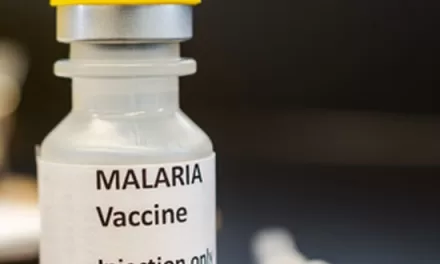A new urinary DNA methylation test has demonstrated high sensitivity and specificity in detecting high-grade or invasive bladder cancer, outperforming traditional nuclear matrix protein 22 (NMP22) and urine cytology tests. However, despite its promising results, the test’s positive predictive value remains suboptimal, highlighting its limitations in confirming the presence of high-grade or invasive bladder cancer.
Methodology
Bladder cancer diagnosis typically relies on cystoscopy, a procedure that is both invasive and costly. The investigational urinary DNA methylation test offers a potential alternative that is less invasive and more cost-effective for early detection.
Researchers assessed the test’s performance in 1,099 individuals (mean age: 65 years; 55.9% men) with hematuria who were scheduled for cystoscopy within three months. Urine samples were collected to analyze DNA methylation, NMP22, and urine cytology results, and patients subsequently underwent cystoscopy.
Primary outcomes included the test’s sensitivity and specificity for high-grade or invasive bladder cancer. Secondary outcomes involved overall bladder cancer detection accuracy and comparisons with NMP22 and urine cytology tests.
Key Findings
Among the 1,099 participants, 219 were diagnosed with bladder cancer, including 176 with high-grade or invasive cases. The urinary DNA methylation test demonstrated:
- 89.2% sensitivity and 87.8% specificity for high-grade or invasive bladder cancer.
- 78.1% sensitivity and 88.8% specificity for overall bladder cancer.
- A negative predictive value of 97.6%, indicating strong reliability in ruling out high-grade or invasive bladder cancer.
- A positive predictive value of 61.3%, reflecting its limitations in confirming high-grade or invasive bladder cancer.
The test showed superior sensitivity for high-grade or invasive bladder cancer (89.2%) compared to NMP22 (51.5%) and urine cytology (39.7%). It also outperformed these tests in detecting overall bladder cancer, achieving a sensitivity of 78.1% versus 44.1% (NMP22) and 32.3% (urine cytology). However, its specificity was lower than that of the NMP22 (91.6%) and urine cytology (99.5%) tests.
Clinical Implications
The study’s authors concluded that the urinary DNA methylation test is a promising diagnostic tool for high-grade or invasive bladder cancer due to its high sensitivity and negative predictive value. However, they cautioned that its positive predictive value was suboptimal, meaning a positive test result does not definitively indicate cancer presence.
Study Limitations
The study had some limitations, including:
- A portion of enrolled participants who provided informed consent were not evaluated per the study protocol.
- The study population was based in the Republic of Korea, potentially limiting the generalizability of the findings to other racial and ethnic groups.
Funding and Disclosures
The study, led by In Gab Jeong, MD, PhD, from Asan Medical Center, University of Ulsan College of Medicine, Seoul, Republic of Korea, was published in JAMA Oncology.
Genomictree Inc., Daejeon, Republic of Korea, provided financial support for the research and supplied all urinary DNA methylation tests. The authors disclosed no conflicts of interest.
Disclaimer:
This article is for informational purposes only and should not be used as a substitute for professional medical advice, diagnosis, or treatment. Readers are encouraged to consult their healthcare providers for any medical concerns or before making decisions regarding diagnostic tests and treatments.











